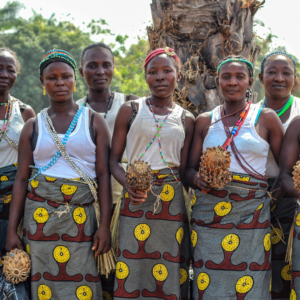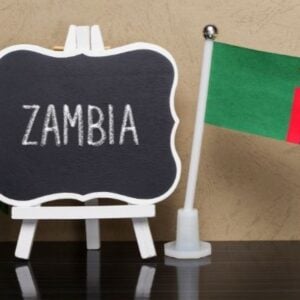Michelle Lingam’s experience as a solar installation entrepreneur in Africa highlights a persistent challenge: women-led businesses, despite being crucial for climate action, face systemic barriers to formal financing. Lingam found that banks routinely rejected her loan applications due to insufficient collateral—a common obstacle for new ventures lacking substantial assets. Her struggles mirror those of many women across the continent, whose businesses often outperform male-led counterparts but remain underfunded.
A report by WomHub, Demand-Driven Capital: Powering Female Innovators in Africa’s Green Economy, underscores this disparity. It reveals that women entrepreneurs, though vital to Africa’s sustainability efforts and more financially resilient, receive only a tiny fraction of available funding. In 2023, all-female founding teams secured just 2.3% of total African startup funding. Co-founder Naadiya Moosajee emphasises that a data-driven understanding of funding gaps is critical to directing more capital toward women-led green enterprises.
Women already own about 40% of small and medium-sized enterprises in Africa, contributing roughly $300 billion annually, yet male-only teams continue to dominate access to funding, claiming over 80% of capital. This exclusion places women in the “missing middle,” too large for microfinance, too risky for banks, and too small for traditional venture capital. Many female entrepreneurs rely on personal savings and navigate complex grant processes or heavy equity demands, often needing to justify their presence and capabilities more than men do.
Despite these challenges, women-led businesses display resilience, adaptability, and purpose-driven growth. They are leaner, resourceful, and more sustainable, qualities that enable them to survive economic shocks more effectively than their heavily capitalised competitors. Beyond business success, women also amplify social impact: they typically reinvest up to 90% of their earnings back into their families and communities, generating wider economic and social benefits.
With over a billion people globally lacking electricity—many of them women in rural Africa—female-led ventures in renewable energy and green technology hold immense potential. Entrepreneurs like Pretty Kubyane, co-founder of the eFama App, stress that women are not seeking special treatment; they are building viable businesses and need equitable access to funding to scale their impact. Supporting women entrepreneurs, the report notes, is therefore not only a matter of fairness but also a strategic investment in sustainable growth and community development.







